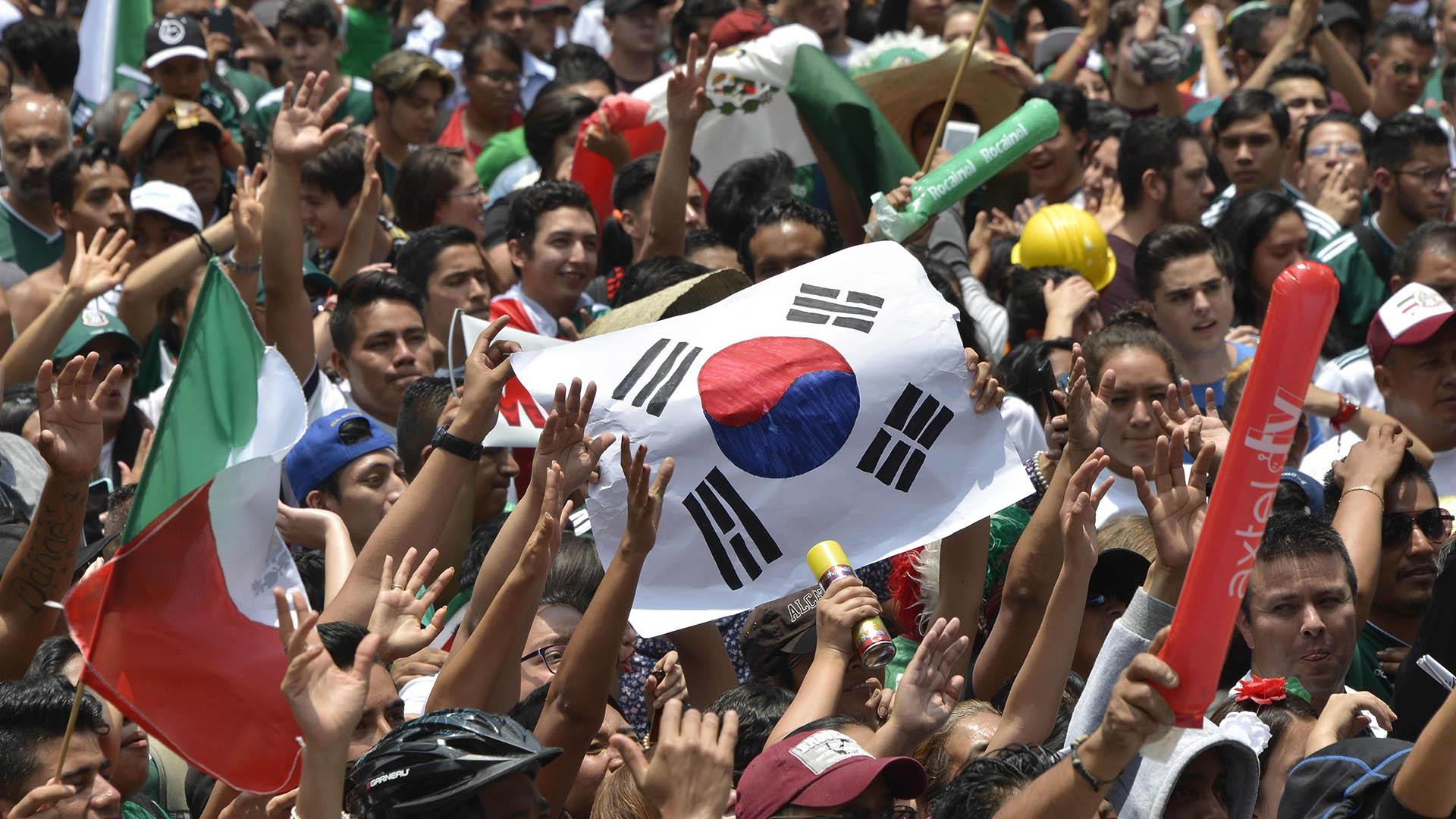shilohcreekkennels.com – The Korean diaspora, a term that refers to the global dispersion of people of Korean descent, is a testament to the resilience, adaptability, and cultural richness of the Korean people. Over the years, Koreans have migrated to various corners of the world, establishing vibrant communities that have become integral parts of the fabric of their adopted countries. This article explores the history, characteristics, and contributions of Korean diaspora communities around the globe.
Historical Context of Korean Migration
The history of Korean migration is complex and multifaceted, with significant waves of emigration occurring in different periods. The earliest significant movement of Koreans abroad began in the late 19th and early 20th centuries, when Koreans sought opportunities in countries like the Russian Far East, China, and Japan. The Japanese annexation of Korea in 1910 led to forced migration, with Koreans being sent to Japan as laborers.
After World War II and the Korean War, the Korean diaspora continued to grow. The 1960s and 1970s saw an increase in Korean migration to the United States, Canada, and South America, driven by economic hardship in Korea and the search for better opportunities abroad. The late 20th and early 21st centuries have witnessed a more diverse pattern of migration, with Koreans moving to countries in Europe, Oceania, the Middle East, and Africa.
Korean Communities in the United States
The United States is home to one of the largest Korean diaspora communities in the world. Korean Americans have made significant contributions to American society, excelling in fields such as medicine, technology, and the arts. Cities like Los Angeles, New York, and Washington, D.C., boast thriving Korean neighborhoods, where traditional markets, restaurants, and cultural centers flourish.
The Korean Diaspora in China
China’s Korean community, known as the Chaoxianzu, is one of the oldest and largest outside the Korean Peninsula. With a history that dates back centuries, Koreans in China have maintained their language and cultural traditions while also integrating into Chinese society. The Yanbian Korean Autonomous Prefecture in Jilin province is a notable area with a high concentration of ethnic Koreans.
Koreans in Japan
The Korean community in Japan, known as Zainichi Koreans, has a complex history marked by colonialism, discrimination, and resilience. Despite facing challenges, Zainichi Koreans have made significant contributions to Japanese society, particularly in sports, entertainment, and business. Organizations like Mindan and Chongryon represent the interests of Koreans in Japan, reflecting the diverse identities within the community.
Global Korean Communities
Beyond these major communities, Koreans have established themselves in countries across the globe. In Canada, Australia, and Brazil, Korean immigrants have become part of the cultural mosaic, contributing to economic growth and cultural diversity. Europe has also seen an increase in Korean migration, with significant communities in the United Kingdom, Germany, and France.
Cultural and Economic Contributions
The Korean diaspora has made substantial cultural and economic contributions to their host countries. Korean cuisine, music, and fashion have gained international popularity, influencing global trends. Economically, Korean businesses, from small family-owned shops to large multinational corporations, have played a crucial role in the economies of their adopted countries.
Challenges and Identity
Despite their successes, Korean diaspora communities face challenges, including discrimination, identity struggles, and the tension between preserving their heritage and integrating into new societies. The concept of “Koreanness” is constantly evolving, shaped by the experiences of Koreans abroad and their interactions with the global community.
Conclusion
The Korean diaspora is a vibrant and dynamic community that reflects the diversity and strength of the Korean people. From the United States to China, and from Japan to Europe, Koreans have established communities that contribute to the cultural and economic landscapes of their host countries. As the world becomes increasingly interconnected, the Korean diaspora continues to play a significant role in bridging cultures and fostering global understanding.
